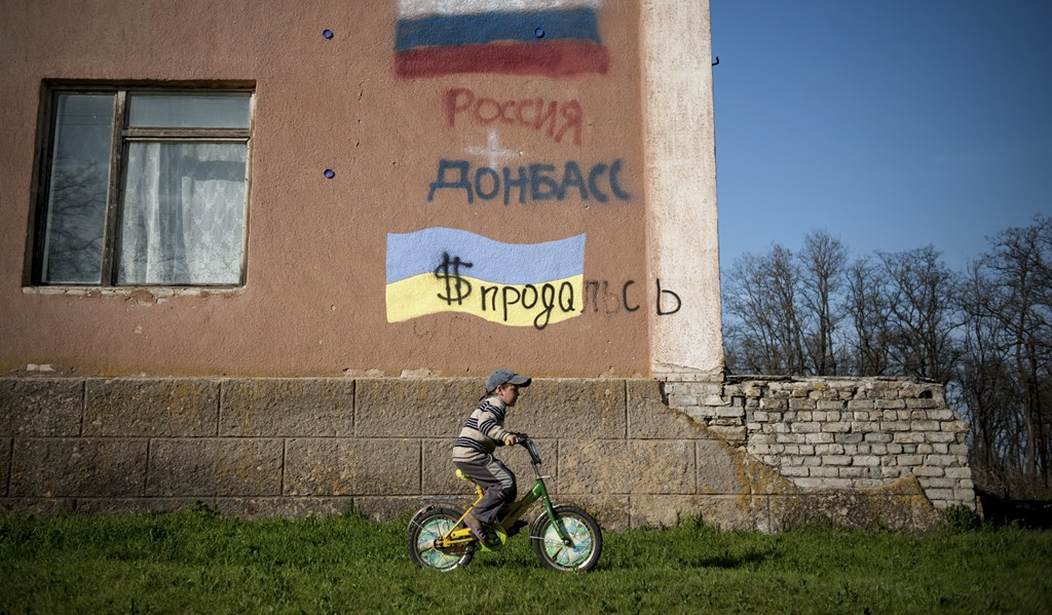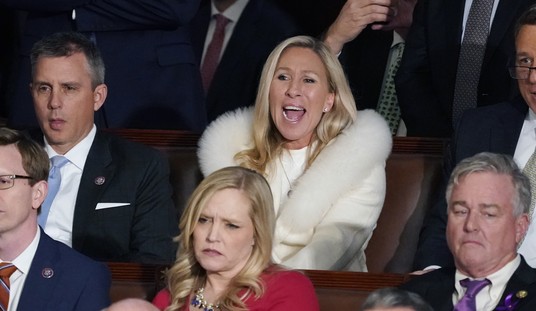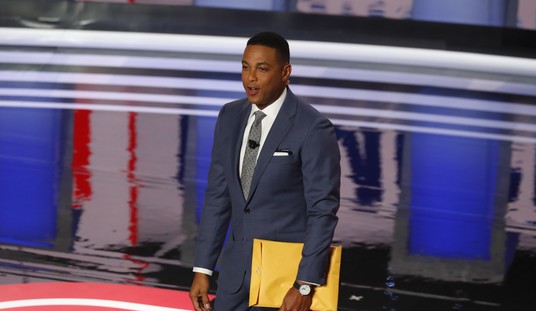The lid blew off the Ukraine echo chamber this week as Russian artillery pulverized Ukrainian forces in Donbas. Ukraine has lost 10,000 dead, 40,000 to 50,000 wounded, and 8,000 captured. It is running out of Soviet-era ammunition for its limited artillery. A month ago the whole American body politic, from progressive left to neo-conservatives, drank the victory Kool-Aid. Remember when Russia’s incompetent, corrupt army was about to be swept from the field? As is their wont, the Russians blundered around and took losses for a few weeks before figuring out how to wage an old-fashioned, World War II-style artillery campaign. “It’s been so long since anyone fought a conventional war that they had to remember how to do it,” said a European military observer.
Now Biden (who tweeted April 4 that he had “reduced the ruble to rubble” and shrunk the Russian economy by half) is blaming Zelensky. NATO Secretary Stoltenberg admits that Ukraine will have to give up territory for peace, echoing Henry Kissinger’s comments in Davos. The CIA is telling the New York Times that we had better consider the possibility that Russia might win to avoid another “intelligence failure” (have we had anything else in the past half-century?). That’s a crock, of course; the U.S. has satellites that can tell what Ukrainian soldiers have for lunch as well as large numbers of military advisers on the ground.
We hear obligatory calls for more heavy weapons for Ukraine, but the Russians now can interdict, destroy, or capture most of what we try to send in. Switchblades and Stingers and Javelins are clever weapons but they don’t compensate for a Russian artillery advantage of between 15:1 and 40:1.
We have, in short, another Afghanistan, hatched by the same sort of group-think. Will the miscreants who cooked up this catastrophe face any consequences? Not a chance. There is safety in numbers. Except for a few cranks and oddballs like Sen. Rand Paul (R-Ky.) and your correspondent, every prominent conservative pundit and politician went full Jonestown. Russia’s initial muddle prompted a few weeks of intoxicated triumphalism.
That’s turned into a collective hangover and an orgy of ass-covering. The supposed renaissance of Western unity dissolves into bickering and recrimination. Putin sells oil to China and India at a $30 per barrel discount, while Americans pay more than $5 for gas at the pump.
We got our heads handed to us, boys and girls. All of our influencers and opinion-makers and politicians, and all our high-tech weapons can’t dislodge a second-rate power like Russia. We turned NATO into a social-welfare organization with nothing larger than a battalion to oppose Russia. The French Army has about a week’s worth of ammunition. The Germans barely have 100 operational tanks. And we have nothing to deploy.
On March 4, I was asked by a major right-leaning newspaper to write an op-ed on Ukraine. I did, and it was rejected. I printed it instead in Asia TImes. Here it is (from behind the paywall), as a matter of record.
Asia Times, March 4, 2022 — Reliving the Nightmare of 1914
World War I had no good guys and no winners. France rightly sought the return of the provinces Germany had annexed in 1870. Russia rightly feared that German influence would sever its industrial centers and tax base in the Western parts of it its empire; England feared that Germany would encroach on its overseas empire; Germany feared that Russia’s railroad system would overcome its advantage in mobility and firepower. None of them wanted a war, but each of them decided that it was better to fight in 1914 than fight later at a disadvantage.
Historian Christopher Clark in his 2013 book The Sleepwalkers forever buried the black legend of German aggression in 1914, with proof from Russian archives that the Czar’s mobilization — with French incitement — provoked the outbreak of war. There’s no hero to cheer, no villain to boo in the first tragedy of the 20th century, just mediocre and small-minded politicians unable to step back from the brink.

All of them acted rationally in the pursuit of their vital interests, but at the same stupidly as well as wickedly, and the ensuing world wars undid the achievements of a thousand years of Western civilization. We look back to 1914 in horror and wonder how the leaders of the West could have been so pig-headed. Nonetheless, we are doing it again today.
That should be an object lesson for today’s Ukraine crisis. Vladimir Putin acted wickedly, and illegally, by invading Ukraine, but also rationally: Russia has an existential interest in keeping NATO away from his border. Russia will no more tolerate American missiles in Kyiv than the United States would tolerate Russian missiles in Cuba.
The United States could have averted a crisis by adhering to the Minsk II framework of local rule for the Russophone provinces of Eastern Ukraine within a sovereign Ukrainian state but chose instead to keep open Ukraine’s option to join NATO. That was rational, but also stupid: It backed Putin into a corner.
There is no excuse for Putin’s action, but there is an explanation that’s similar to one that applied to his forbears of 1914: Putin chose to attack before the West had the opportunity to arm Ukraine with sophisticated weapons that would raise the future cost of military action.

China, a far more powerful challenger than Russia, is watching Ukraine with a calculating eye. It expresses sympathy with Putin’s security concerns but chagrin at his military adventurism. It refrains from helping Russia to flout the sanctions that the West has imposed on Russia.
China has mechanisms in place to finance trade in its own currency, the RMB, and substitute for the SWIFT system that clears international banking transactions in Western currencies, but it does not want to provoke the West by mounting a direct challenge. It has called for a negotiated solution.
But China also looks at Ukraine through the lens of the Taiwan Strait. China has an existential interest in the One China policy, which states that Taiwan ultimately will be reunited with the mainland. China is not a national state but a multi-ethnic, polyglot empire, which was carved up into warring fiefdoms with the help of foreign intervention as recently as the 1930s. Any so-called rebel province threatens the stability of the Chinese state.
If Taiwan seeks a permanent break with the mainland, China will seize it by force. There is a parallel to Putin’s decision in Ukraine. If the West attempts to make Taiwan impregnable to Chinese invasion — what some call a “strategy of denial” — China likely will use force before it loses the option to do so.
Then we will be on a fast track to nuclear war, as Admiral James Stavridis, the former commander of the U.S. Pacific Fleet, portrays in his thriller 2034. China probably can sink American aircraft carriers with surface-to-ship missiles.
In Chinese official media, there is a grim discussion of the parallel between Ukraine and Taiwan. We misjudged Putin, just as he misjudged us. No sanctions or denunciations will hold back the Russian Army. We should not misjudge China. Sometimes an uncomfortable status quo is infinitely preferable to a roll of the dice on peace or war.










Join the conversation as a VIP Member